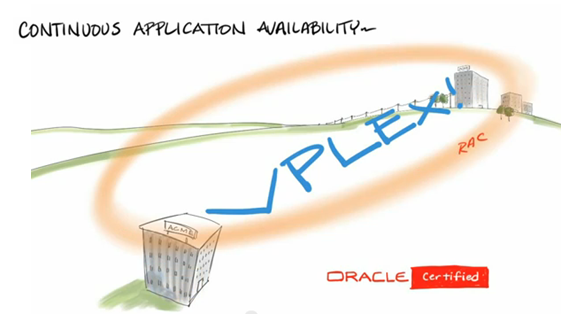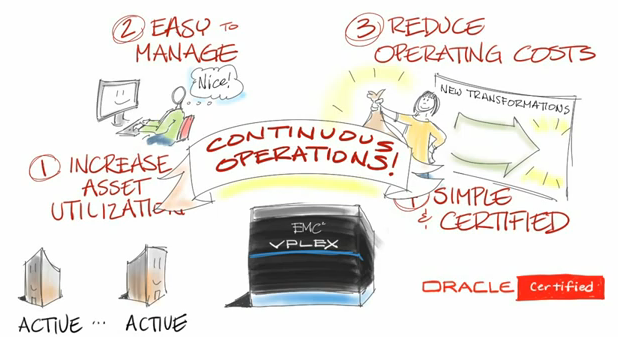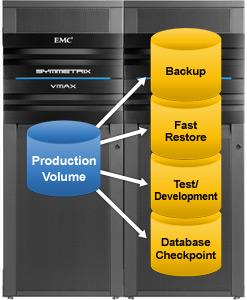
Hope they don’t mind the free advertising
Yet another customer was asking me for advice on implementing the ZFS file system on EMC storage systems. Recently I did some hands-on testing with ZFS as Oracle database file store so that I could get an opinion on the matter.
One of the frequent discussions comes up is on the fragmentation issue. ZFS uses a copy-on-write allocation mechanism which basically means, every time you write to a block on disk (whether this is a newly allocated block, or, very important, overwriting a previously allocated one) ZFS will buffer the data and write it out on a completely new location on disk. In other words, it will never overwrite data in place. Now a lot of discussions can be found in the blogosphere and on forums debating whether this is really the case, how serious this is, what the impact is on performance and what ZFS has done to either prevent, or, alternatively, to mitigate the issue (i.e. by using caching, smart disk allocation algorithms, etc).
In this post I attempt to prove how database files on ZFS file systems get fragmented on disk quickly. I will not make any comments on how this affects performance (I’ll save that for a future post). I also deliberately ignore ZFS caching and other optimizing features – the only thing I want to show right now is how much fragmentation is caused on physical disk by using ZFS for Oracle data files. Note that this is a deep technical and lengthy article so you might want to skip all the details and jump right to the conclusion at the bottom 🙂
![]()



 As more and more customers are moving their mission-critical Oracle database workloads to virtualized infrastructure, I often get asked how to deal with Oracle’s requirement to reproduce issues on a physical environment (especially if they use
As more and more customers are moving their mission-critical Oracle database workloads to virtualized infrastructure, I often get asked how to deal with Oracle’s requirement to reproduce issues on a physical environment (especially if they use  A while ago somebody forwarded me a research paper from an “independent” research firm in which the cost of
A while ago somebody forwarded me a research paper from an “independent” research firm in which the cost of